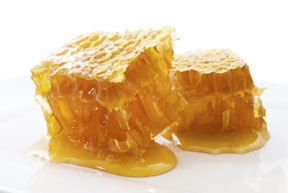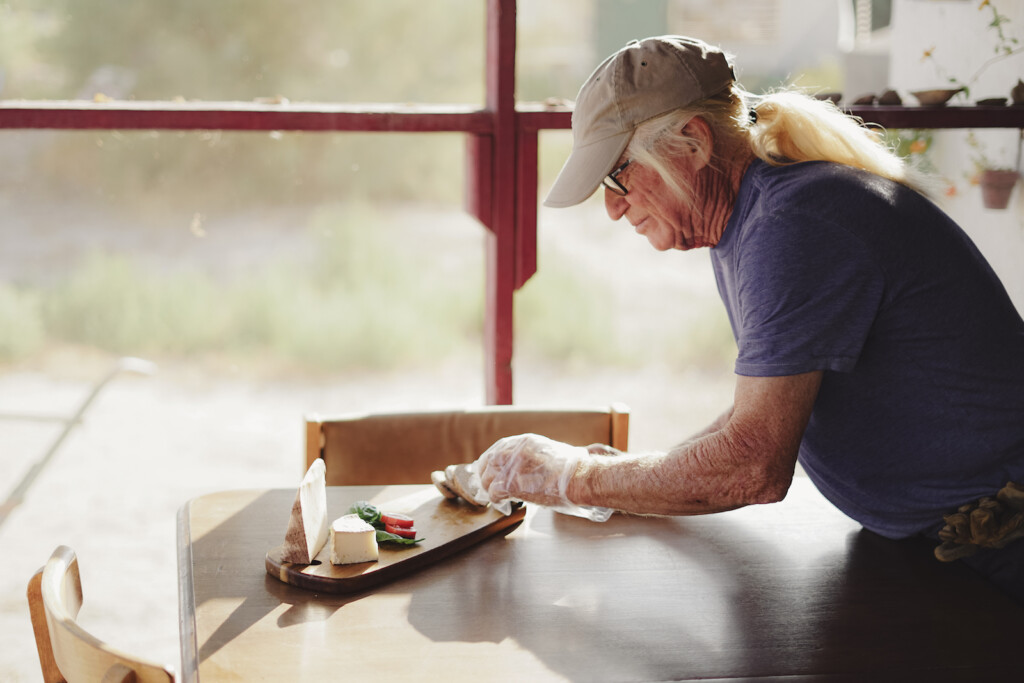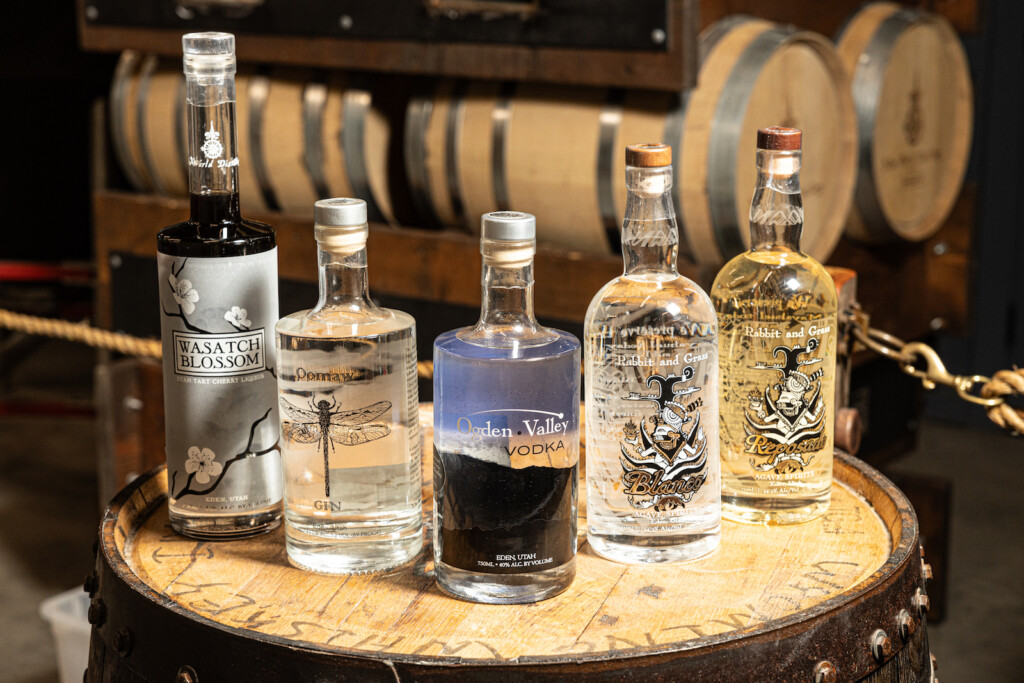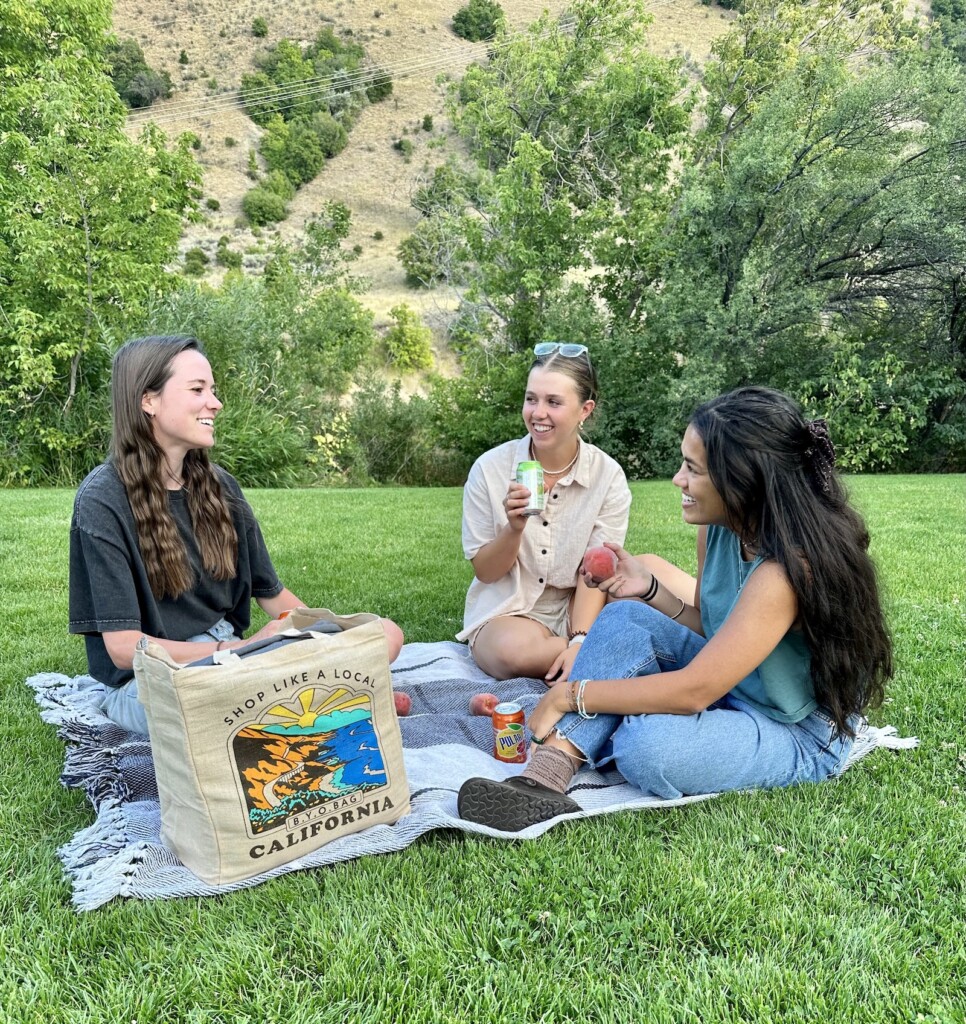
Making a lifelong dream come true has helped to both satiate a passion and also replenish the buzzing sound of summer in the Wasatch mountain range. “Who doesn’t love honey bees?” asked D. William Pettigrew, president and owner of BlueBox Honey of South Jordan. “They represent all that is good and are the only insect to provide a beneficial resource/by-product to humanity.” Originally from the East Coast, Pettigrew went into semi-retirement following a career in consumer brand sales. He pursued a lifelong dream of becoming a farmer by following his interest in honey bees. BlueBox Honey was born in summer 2010. There are three employees, including Pettigrew, his wife, Pam, and their son, who run 200 hives throughout the Salt Lake City and Heber Valley areas. “I have tremendous respect for so many who work in this industry and who have made a great contribution to the honey industry,” Pettigrew said. “It is honest and about as natural as you can get!” Currently greenbelt status – a policy used to protect open space from urban sprawl and provide habitat for wildlife – is available only for grazing sheep and cattle. Beginning an aggressive push in 2011, BlueBox Honey began working with Wolf Creek and Victory ranches to convince state officials to provide this same greenbelt status to protect bees. Bluebox Honey is making its own investment to help gather more field data. “Our personal investment was a mission BlueBox felt was good for the state’s landowners and helping to establish larger honeybee colonies,” Pettigrew said. “BlueBox has a long-standing commitment in helping share and gather data to continue the effort to help honeybees as an alternate source for landowners regarding greenbelt status. We believe landowners should have the option to use honeybees to sustain the natural beauty of the land.” BlueBox oversees the care of 20 million bees which generally produce 2,000 – 6,000 pounds of honey each season. The season begins in May, and honey harvesting, or extraction, can begin in August and go through September. Extraction requires the warmest temperatures to help the honey flow and aid in the filtering and bottling process.

“The amount of work that goes into raw honey is worth every penny.” Pettigrew said. “Bees are one of the greatest natural resources we have and to protect them is most important.” Currently, BlueBox sells honey at local trade shows and farmers markets under the BlueBox and Butterflower Honey labels. The sweet Butterflower honey, sourced from a secret location, is so named for the location where the bees forage. §





